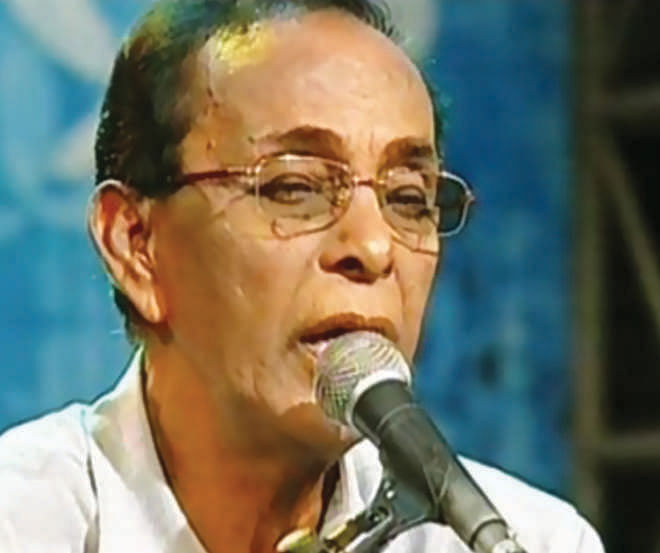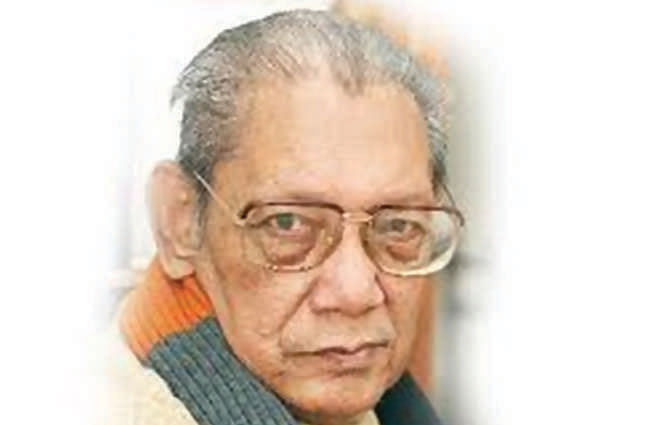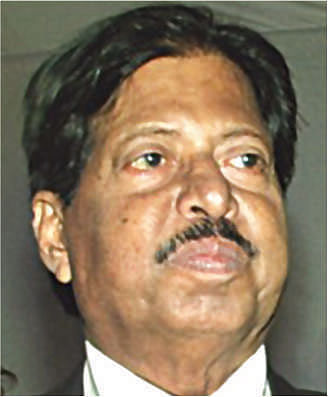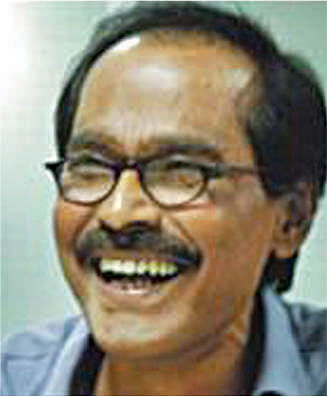Abdul Jabbar speaks for all

Abdul Jabbar was very specific about it at a recent session of songs from yesteryears. That our artistes are in perpetual need of financial security is a truth we have known for years and yet no government has paid any attention to the issue. Artistes who sing for radio and television are still paid honoraria that can only shame a self-respecting citizen. Contrast this with the fact that there are organisations in this country which cheerfully bring artistes from India and Pakistan, pay them hefty sums of money for their performances before Bengali audiences and, of course, end up fattening their own purses in the process. They do not see or do not care to notice the very rich array of artistes who have made music in Bangladesh a part of our collective life but who, nevertheless, remain ignored, to the point of being pushed into poverty.

A strange psychology works in us. We hardly remember, even as we flock to programmes in Dhaka by such luminaries as Udit Narayan, Ghulam Ali, Sonu Nigam and so many foreigners, that artistes like Bashir Ahmed are dying, that singers like Mohammad Ali Siddiqui are in a bad state of health. But --- and here is a big but --- once any of these artistes dies, almost everyone gets into a state of frenzy on the need to remember what the artiste meant in the past. No one remembered Bashir Ahmed in his sinking years. But have you noticed that within minutes of his passing, every newspaper and every television channel in the country got into a rat race as to who could bring out best the genius of the man before music-loving citizens?


Abdul Jabbar, whose role in the nation's War of Liberation has assured him a place in history, has not been well looked after. We sing his songs --- salam salam hajar salam, sharhe shaat koti manusher aaj ekti naam, Mujib baiya jao re, hajar bochhor porey abar eshechhi phire --- and so bring the old story of the war alive again. We go back to his songs of romance --- tara bhora rate, ogo lajuk lota, shotru tumi bondhu tumi, o re neel doriya --- and feel young again. We return to his sadness, as in tumi ki dekhechho kobhu, and empathise with him in his profound expressions of emotional vacuity.
Men like Jabbar, Syed Abdul Hadi, Mohammad Khurshid Alam and Mohammad Ali Siddiqui will pop off someday. Why should we then not snap back to reality, recall their contributions as also those of so many other artistes, men as well as women, and begin to tell ourselves that for a society to reach the heights from a perspective of culture it is important that its singers, actors and so many others live the kind of life they so richly deserve?
The Writer is Executive Editor, The Daily Star

 For all latest news, follow The Daily Star's Google News channel.
For all latest news, follow The Daily Star's Google News channel. 



Comments